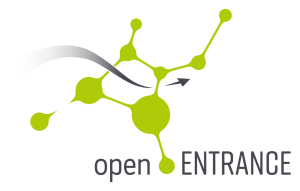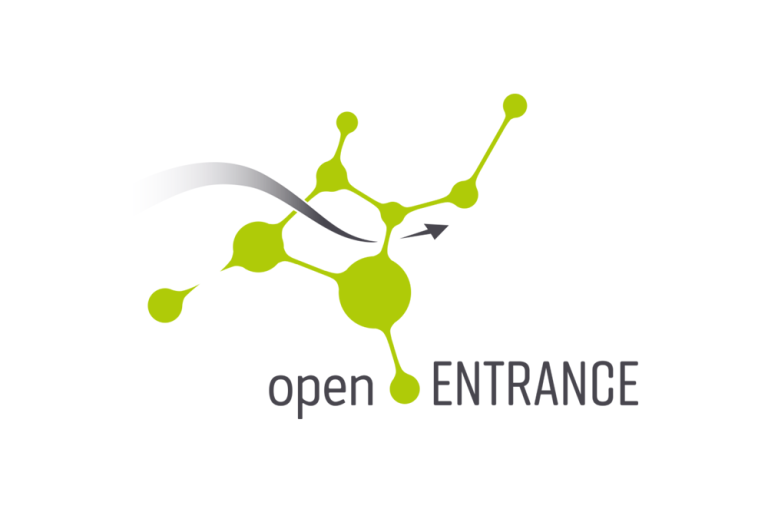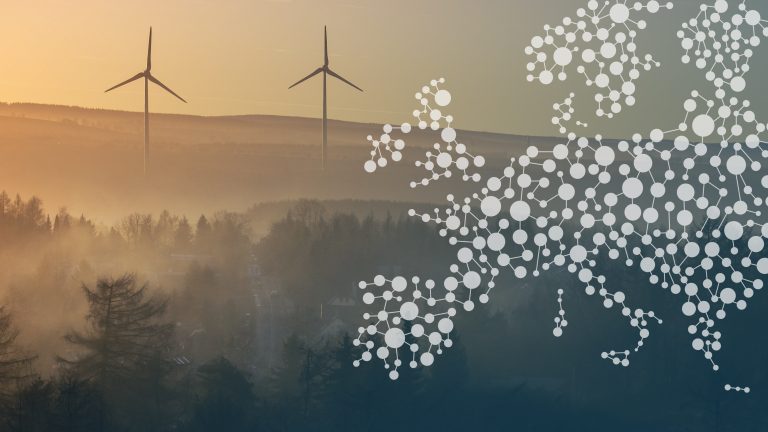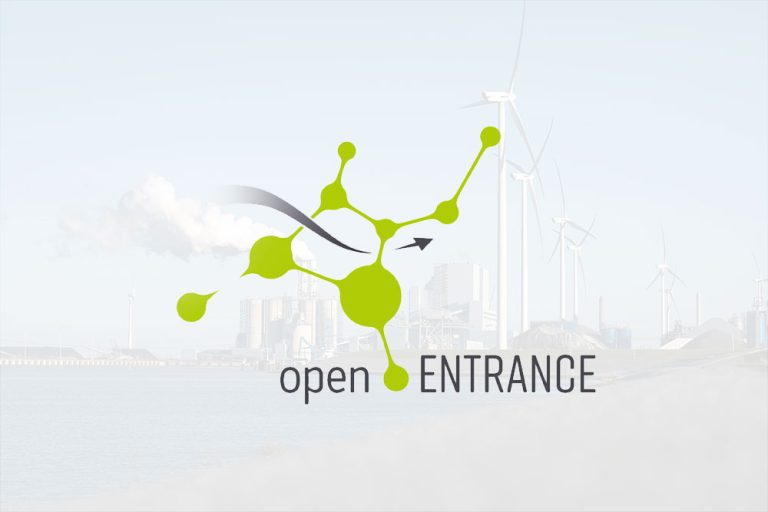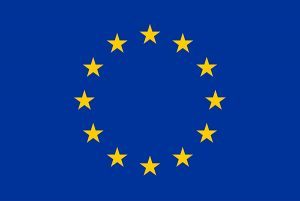On 23 and 24 September 2019 openENTRANCE hosted its first workshops on Scenario development and Case Studies in the the Sintef Brussels offices.
On 23 and 24 September 2019 openENTRANCE hosted its first stakeholder workshops at the Sintef premises in Brussels. More than 40 participants, including policy makers and scientists, attended in person or via videoconference.
The first workshop day discussed the long-term scenarios for transition to a low emission energy system in Europe, which have been drafted by the project consortium. Scenarios describe different options, strategies, technologies, etc. that can be applied and implemented. On the other hand, storylines are narratives describing possible futures that the energy system could take. A variety of different scenario outcomes within one storyline describe and quantify the possible “solution space” per storyline, depending on the input settings. The storylines and scenarios provide common frames for the case studies about selected topics, which then can be used to put in practice the main outcome of the project: the open modelling platform.
The second workshop day focused on discussing case studies. The main objective of the case studies is to demonstrate the ability of the openENTRANCE modelling platform to make analysis processes easy, transparent and comparative. Eight proposed case studies were presented and discussed with participants. These are not meant to cover all the aspects of the energy transition, but are rather selected key examples of potential solutions in Europe.
In this regard, the workshop discussion showed that there are areas not covered by the case studies, such as agriculture and industry sectors. However, the intention of the case studies is not to be exhaustive but to serve as examples of potential modelling analyses, still covering relevant aspects of the transition. Since openENTRANCE will create an open modelling platform, other modellers will be able to use the platform and conduct additional case studies covering further areas that may be missing in the eight proposed ones.
In addition, case studies will be part of the validation process of the scenarios and storylines, either for the whole Europe or on different “zoom” areas. This part of the scenario validation is important so that policy makers can be confident using the scenarios.
Nevertheless, not all storylines will be used in each of the project’s case studies. The process to further develop each case study will integrate the storyline choice decision. On top of that, storylines can be amended following the needs of the case studies. Lastly, as suggested by participants, the project will consider delivering a “Manual” about “How to conduct a case study”.
